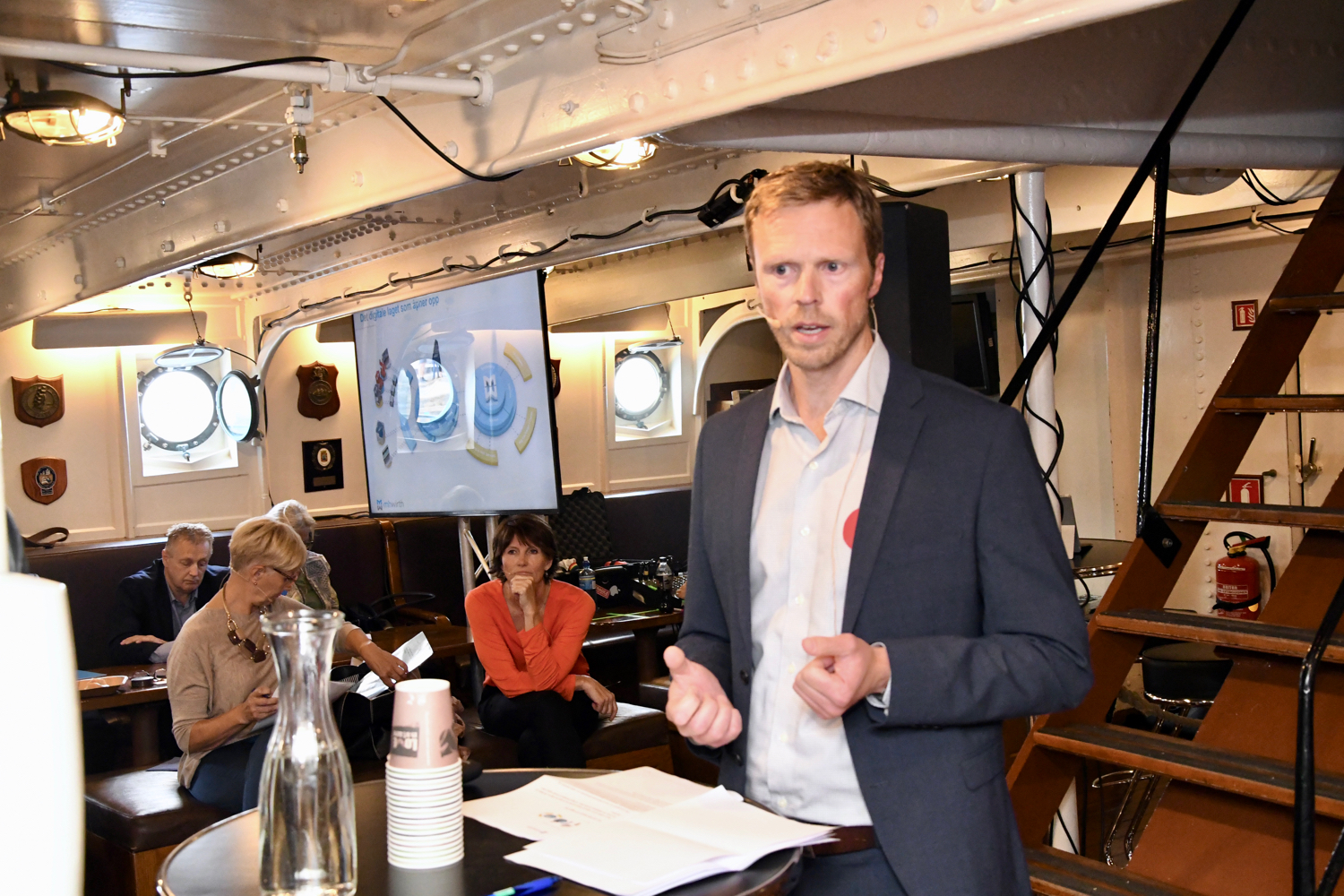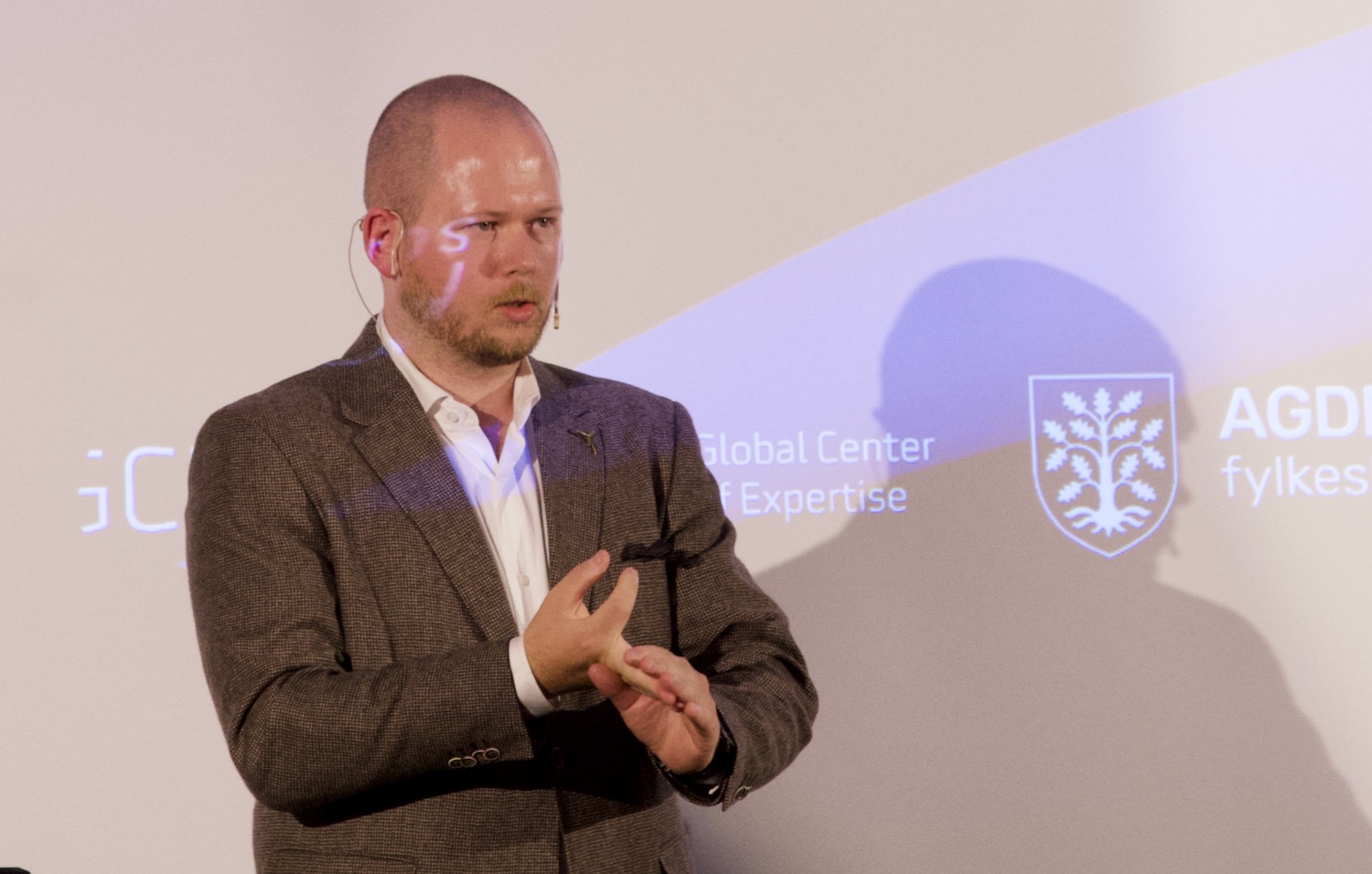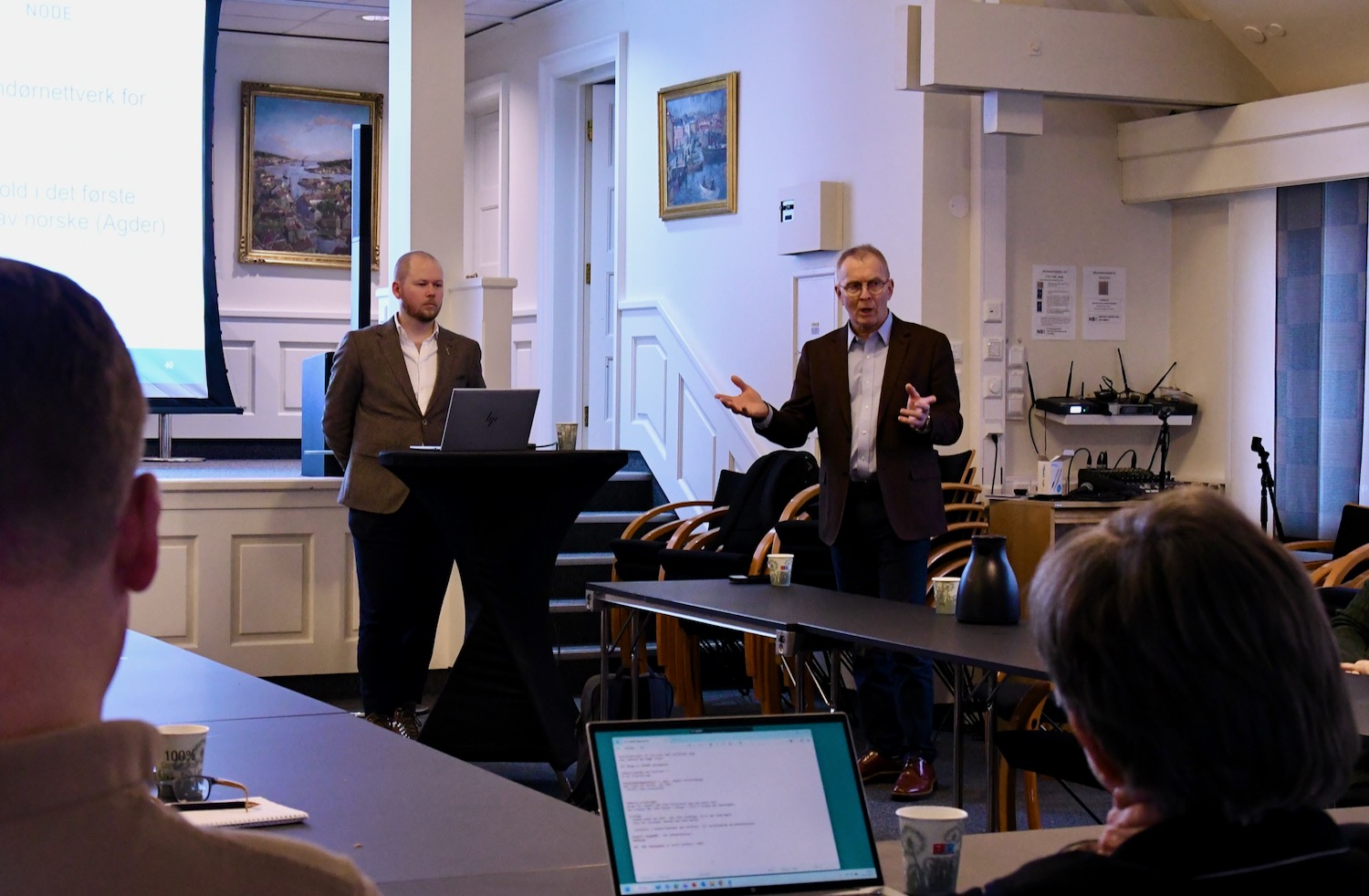Pål Skogerbø, Senior Vice President, New Services and Drilling Systems at MHWirth explained how digitalization makes drilling operations more efficient.
“At least 30 per cent more efficient. That is our goal. A well that usually requires 30 days for drilling, could be completed in just 21 days. Translated to money, this represents savings of 2.5 million dollars in rig rates alone. Total savings will be a lot higher. Increased efficiency also represents great reductions in emissions,” says Skogerbø.
MHWirth is one of five companies in GCE NODE’s project Servation. Servation facilitates the development and implementation of new service-oriented business models that both strengthen the position in existing markets and increase the opportunity to move into new market segments.
Digitalization is central in Servation. Katja Hydle, Head of Research at NORCE, said key elements include sensors, Internet of Things, virtual reality, augmented reality, automation and robotics.
“New technology is the basis for new services, such as machine prognostics, condition based maintenance, big data for decision support, modelling, planning, digital twins, remote repair and much more,” says Hydle.
Hildegunn T. Blindheim, Director Climate and Environment at the Norwegian Oil & Gas Association says digitalization often will lead to reduced cost and increased safety.
“This also translates to reduced emissions and a smaller environmental footprint. These are key issues for the oil and gas industry,” says Blindheim.




